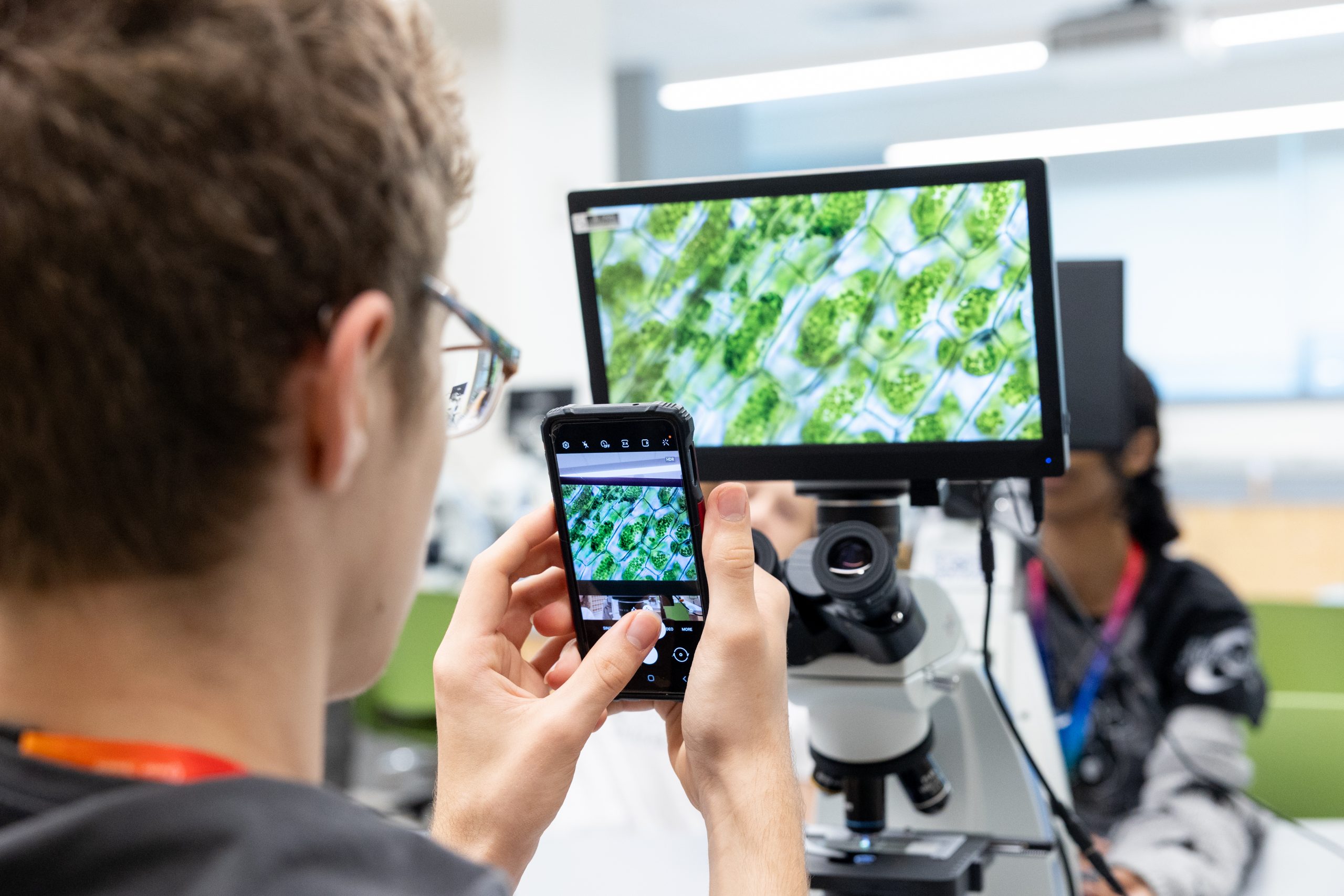
Bachelor Degree Majors
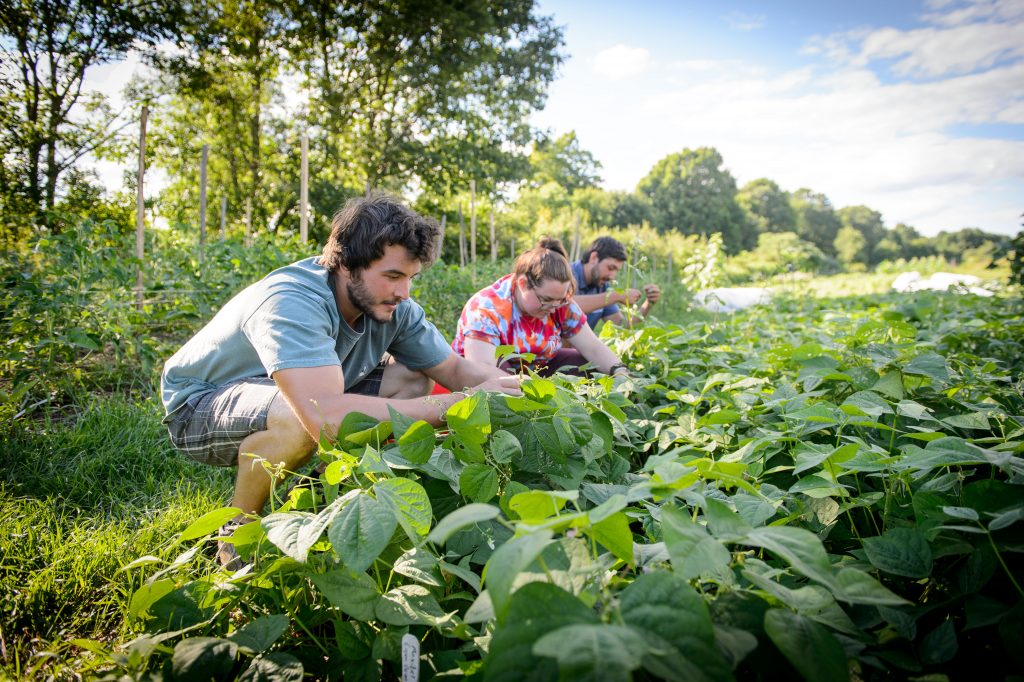
Agriculture, Health, and Natural Resources
The agriculture, health, and natural resources major is an opportunity for an interdisciplinary education, with content that doesn’t readily align with one department or major. Based on your career goals, you will work alongside advisors to choose courses within CAHNR that will shape your focus as an undergrad.
Available to students with 24 or more credits.

Access personalized advising, experiential learning, and a diverse curriculum to prepare for a successful career in health. With a degree in Allied Health Sciences, our graduates work in many diverse settings – from hospitals and laboratories to research institutions and directly with communities. Join our mission to prevent, diagnose, treat, and educate patients to improve health and quality of life.
Four-year degree can be completed in Storrs or Waterbury.

With a total of 1,000+ dairy and beef cattle, sheep, chickens, and horses all right on campus, UConn Animal Science students gain the hands-on experience they need for a career in their chosen field. Learn about a diverse array of topics such as animal genetics and reproduction, nutrition, biotechnology, dairy management, food microbiology and safety, and more.
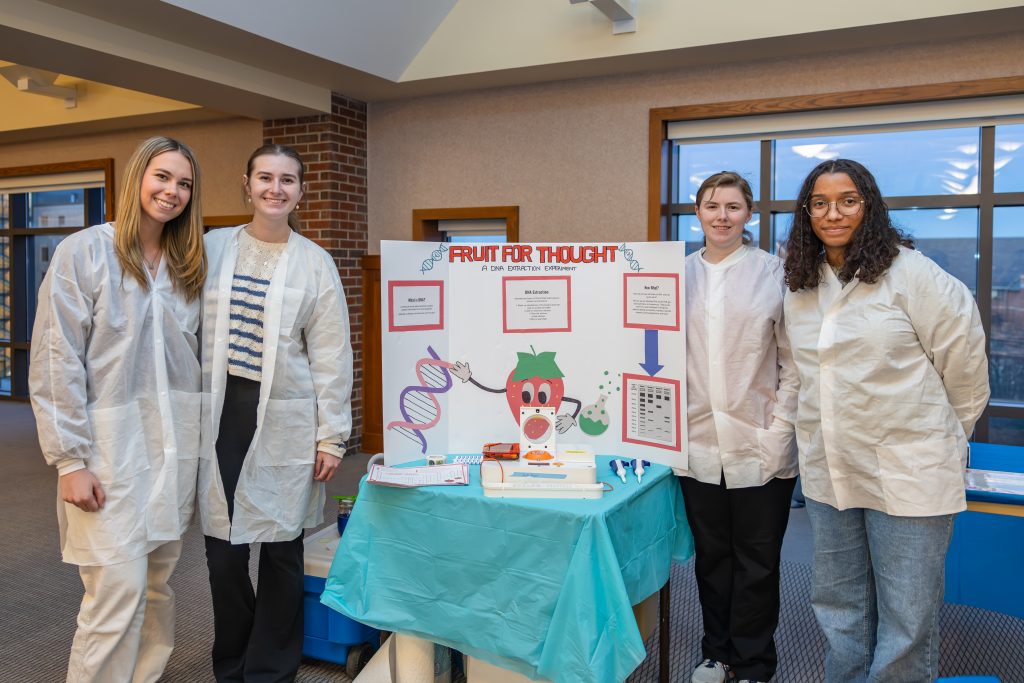
Diagnostic Genetic Science students have the opportunity to take coursework and gain laboratory training at UConn Storrs, preparing them for an internship in an affiliated laboratory during their final semester. By the end of this rigorous program, students will be prepared and eligible to sit for a certification exam offered by the American Society for Clinical Pathology.
This major is available for UConn students in their junior and senior year. Students typically apply to this competitive major in the spring of their sophomore year.

Join a growing healthcare profession with many opportunities for specialization. Learn how to utilize food to prevent and treat disease and become a key member of healthcare teams working in hospitals, sports organizations, research facilities, and schools to build healthier communities.
This major is available for UConn students in their junior and senior year. Students typically apply to this competitive major in the spring of their sophomore year.

Economics of Sustainable Development and Management
Learn about topics that will feed your career goals, ranging from the management and operation of businesses to policy development that encourages human and environmental well-being. This major offers concentrations in Business Management and Marketing as well as Development Economics and Policy, both teaching you to apply economic concepts in their respective fields.

Environmental and Natural Resource Economics
This degree builds a strong capacity to analyze the economic implications and societal costs of current issues facing our environment, society, and industry. Students have the opportunity to integrate coursework in natural and/or biological sciences to add value to their training as economists in a changing world.
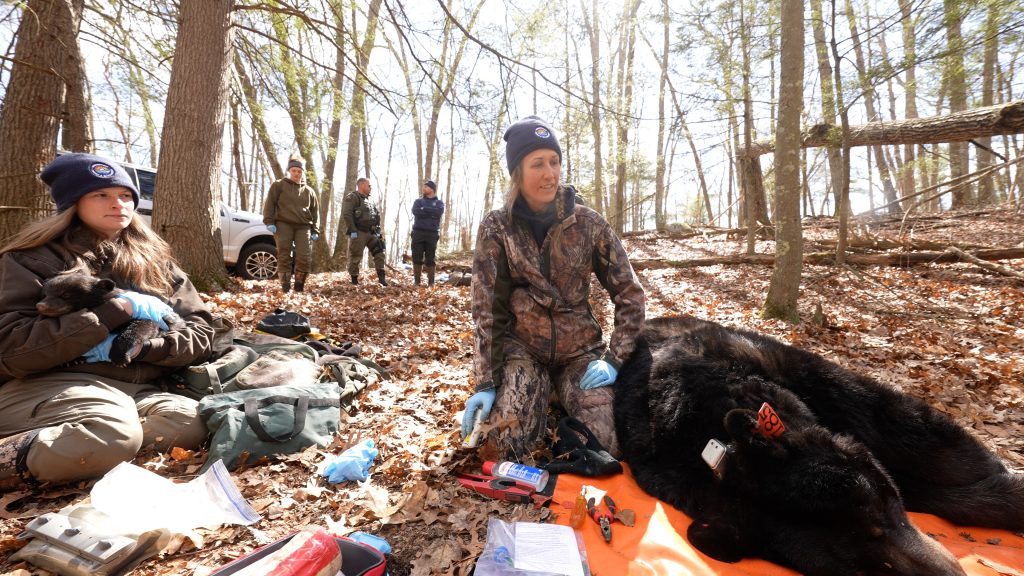
As our world evolves, it is vital we evaluate how we influence that change, and how we can shape it for the better. Study the scientific principles and social factors underlying contemporary environmental issues and pursue a career dedicated to advancing sustainability within your chosen field.
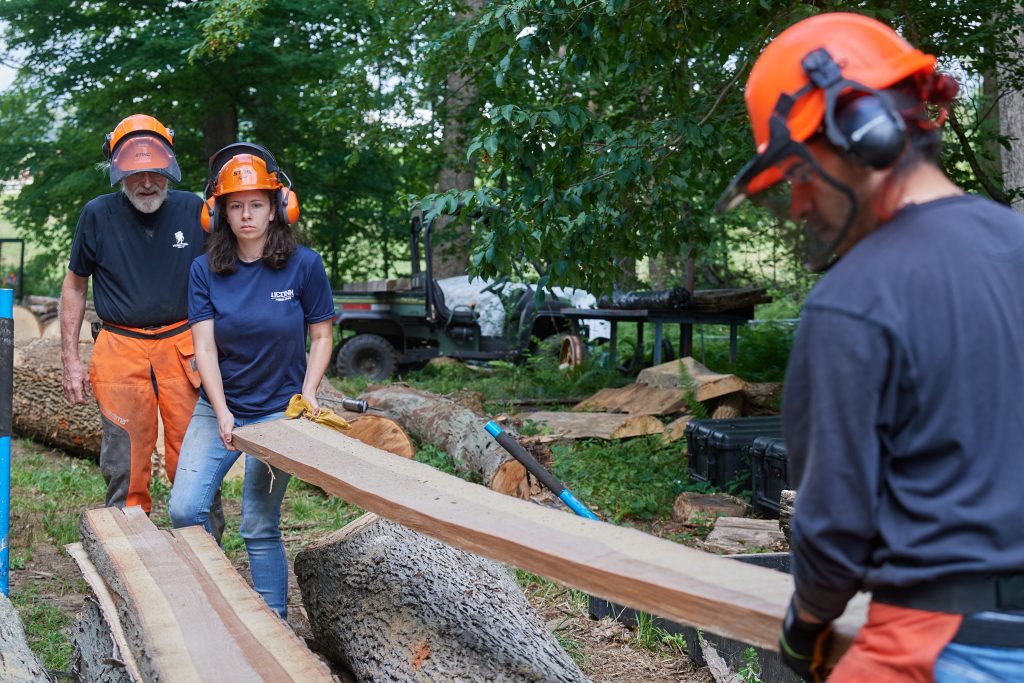
Understanding the ethical and cultural dimensions of our relationship with the environment, as well as the challenges of protecting it, requires insights from multiple perspectives, including the humanities, the social sciences, and the natural sciences. Choose a highly customizable and interdisciplinary program designed to provide students with the knowledge, skills, and perspectives to understand interactions between human societies and our environment.
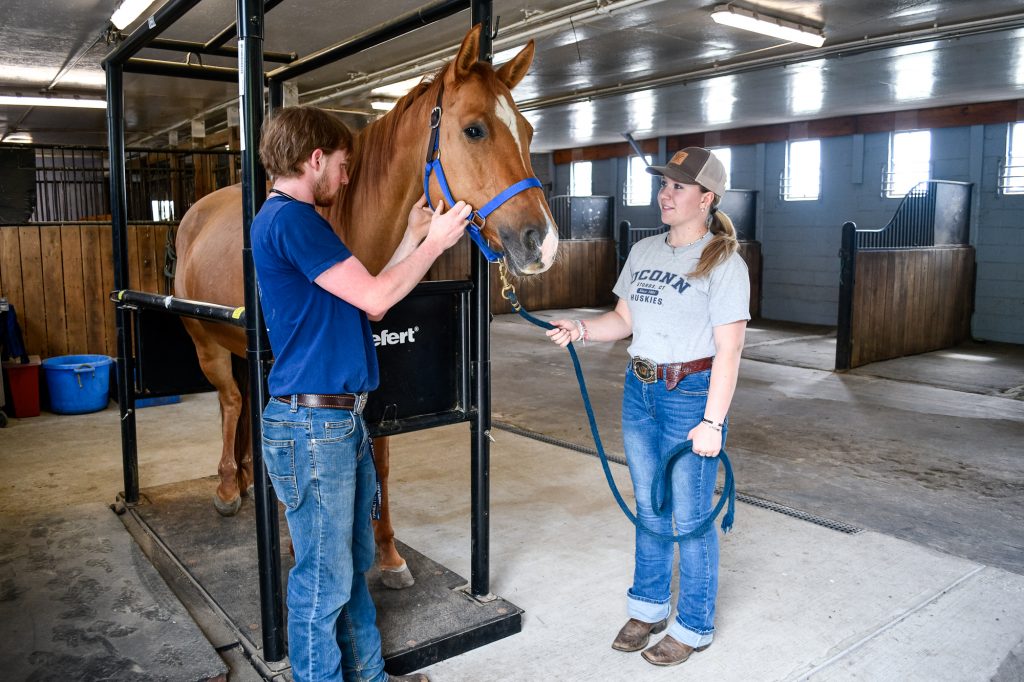
With extensive equine facilities located right on campus, UConn’s new Equine Science and Management degree offers a unique, hands-on learning experience for undergraduate students interested in entering all aspects of the equine industry. Learn the science of genetics, physiology, nutrition, health, and behavior from dedicated faculty in order to fulfill your professional goals.
*Launching Fall 2026
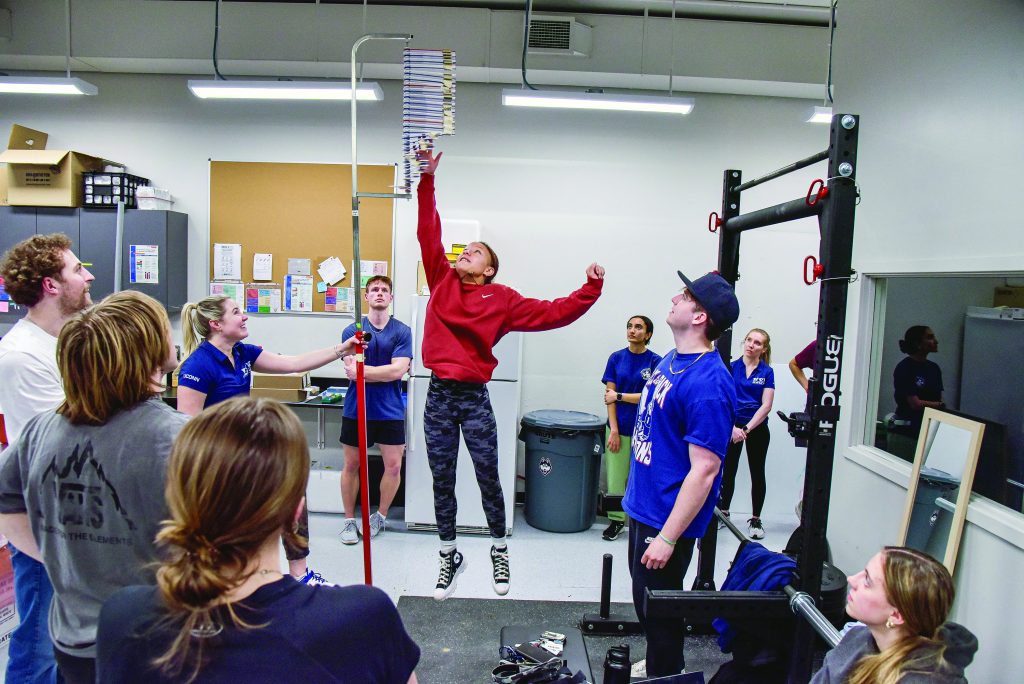
Exercise Science students explore how exercise and physical activity improve overall health and human performance. The curriculum prepares students professionally and academically in areas of physiology, biomechanics, and applied sciences. Students gain hands-on experience to address sociocultural and psychological aspects of sports performance and physical activity and how this impacts health, wellness, and disease prevention.

In this unique STEM major, students combine design, research, academics, and public outreach, to reimagine vibrant communities and create places of value, all while protecting and restoring our natural and cultural resources. From site planning and design to design theory and construction methods, students in the Landscape Architecture program learn actionable and collaborative practices that address climate justice and social equity. If you are a spatial thinker who loves art, design, and plants then this is the program for you.
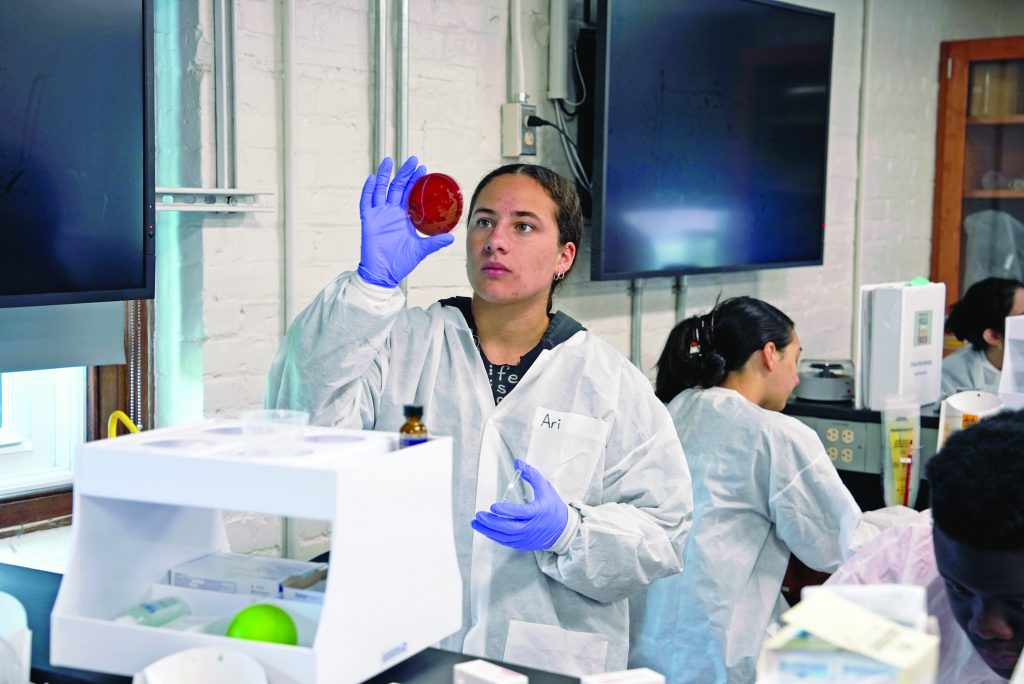
As a Medical Laboratory scientist, you’ll be part of a growing field where you serve as an integral part of the health care team and provide results that impact important medical decisions. Students in this exciting field learn about the study of blood and other body specimens to aid in the diagnosis of human disease, determine optimal therapy, and monitor the progress of treatment. During your final semester, students complete an internship in a clinical laboratory in the Northeast and will be eligible to sit for the national certification exam upon graduation.
This major is open to UConn students in their junior and senior years. Applications are typically submitted in the spring of sophomore year, and admission is competitive.
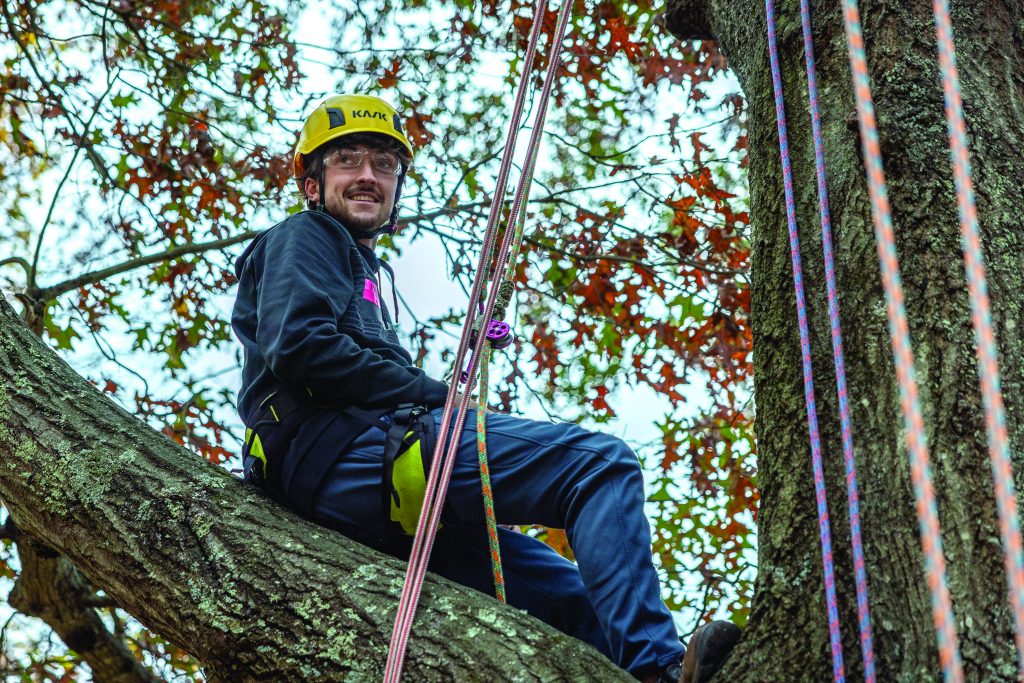
Turn your passion for nature into a career as a natural resources major. Our interdisciplinary courses prepare students to protect, conserve, and manage natural resources and the environment. Choose from concentrations such as Environmental Sustainability or Fisheries and Wildlife to build a career protecting the natural world for future generations.
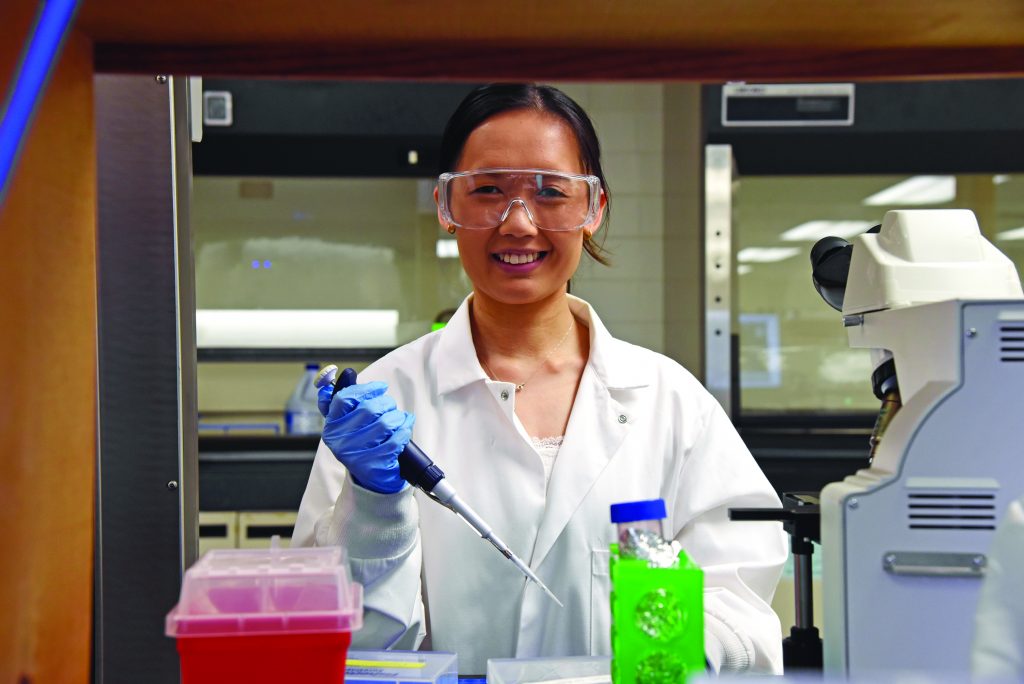
You are what you eat. Explore how nutrition impacts human health, disease prevention and overall well-being. Students in our nationally recognized program gain hands-on experience through lab work, research opportunities, and community outreach, preparing you for careers in healthcare, dietetics, public health, or graduate and professional programs.
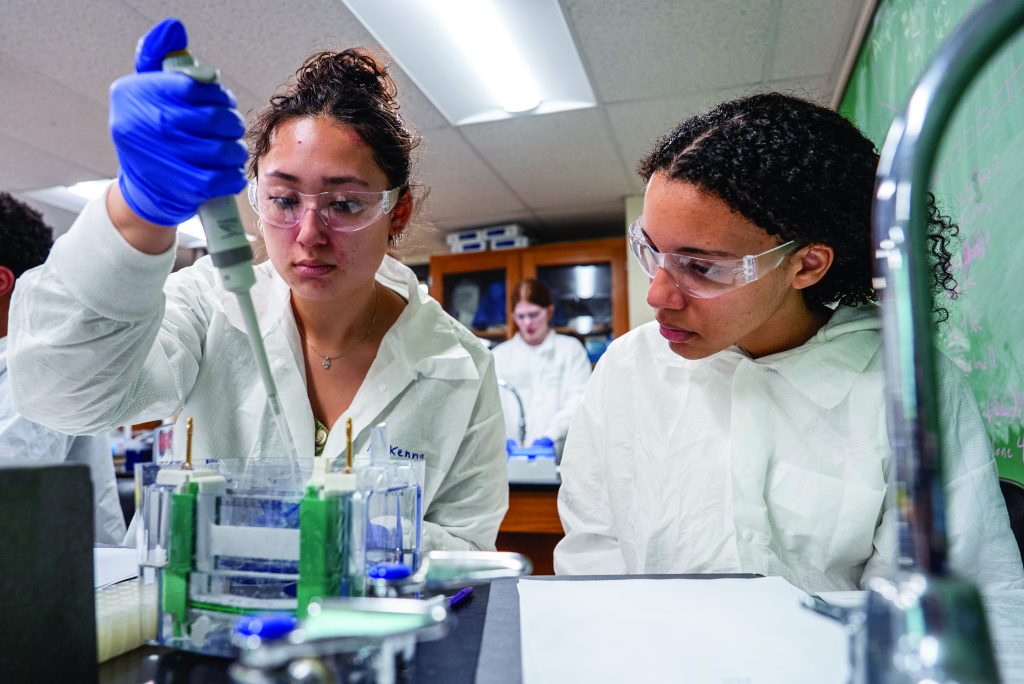
Study how diseases affect human, animal, and environmental health. The Pathobiology major at UConn allows you to explore topics like zoonosis, vector-borne diseases, and the health impacts of climate change. Our curriculum and inclusive, supportive environment will prepare you for careers in medicine, veterinary sciences, biotechnology, and more.

Explore the science of plants, soils, and sustainable land use to benefit people and the planet. Through hands-on learning and access to UConn’s world-class greenhouses and research farm, you’ll gain the skills to promote sustainable plant production, restore natural habitats, and combat contemporary climate challenges.
Student Resources
We pride ourselves on the “small college feel” that we facilitate by making students our number one priority. We believe that the process of education and advising begins in our communication with prospective students and their families.
